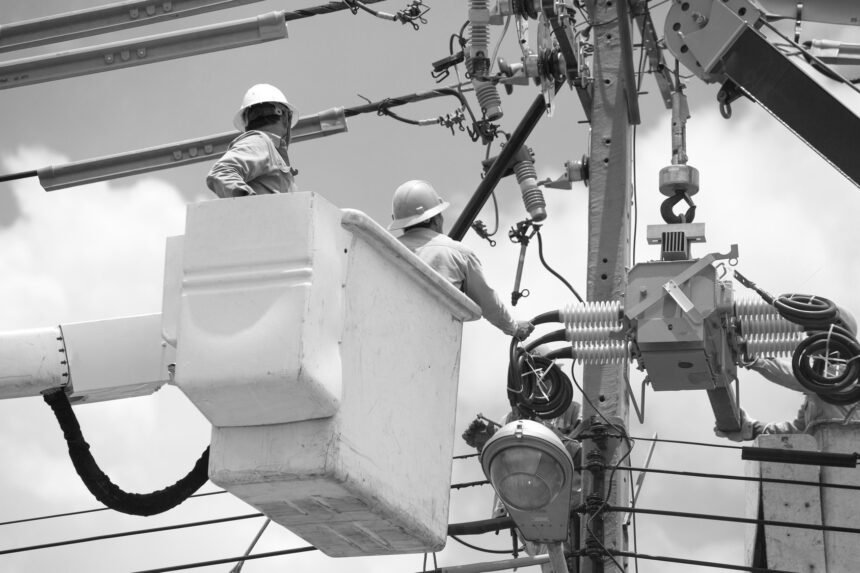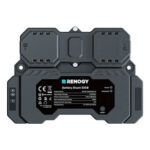Introduction:
In the rapidly evolving landscape of digital forensics, the ability to gather and analyze digital evidence is paramount. Traditional methods and off-the-shelf solutions often fall short when faced with the complexities of modern investigations. However, a new paradigm is emerging: bespoke data acquisition systems. These customized solutions are revolutionizing forensic investigations by providing unparalleled flexibility, accuracy, and efficiency.
Understanding Bespoke Data Acquisition Systems:
Bespoke data acquisition systems represent a departure from one-size-fits-all solutions. They are tailored to meet the unique needs and challenges of individual investigations. Unlike off-the-shelf tools, which offer standard features and functionalities, bespoke systems are designed from the ground up to address specific investigative requirements. This customization allows forensic professionals to extract maximum insights from digital evidence while minimizing the risk of overlooking critical information.
The Role of Bespoke Systems in Forensic Investigations:
Bespoke data acquisition systems play a pivotal role in modern forensic investigations. By offering tailored solutions for specific investigative needs, these systems empower forensic professionals to overcome obstacles that would be insurmountable with off-the-shelf tools. Whether it’s extracting data from proprietary file formats, overcoming encryption barriers, or navigating complex network architectures, bespoke systems provide the flexibility and adaptability necessary to succeed in today’s digital landscape.

Key Considerations When Choosing a Bespoke Data Acquisition System:
When selecting a bespoke data acquisition system, several key considerations come into play. Compatibility with a wide range of devices and platforms is essential to ensure comprehensive coverage of digital evidence sources. Security features, such as encryption protocols and chain of custody documentation, are paramount to protect the integrity and confidentiality of collected data. Scalability and future-proofing are also crucial factors, ensuring that the system can adapt to evolving technologies and investigative requirements over time.
FAQs and Common Questions:
1. How does a bespoke data acquisition system differ from off-the-shelf solutions?
- Bespoke systems are customized to meet specific investigative needs, offering greater flexibility and adaptability compared to off-the-shelf solutions.
2. Can bespoke systems handle diverse data formats and devices?
- Yes, bespoke systems can be tailored to support a wide range of data formats and devices, ensuring comprehensive coverage of digital evidence sources.
3. What security measures are in place to protect collected data?
- Bespoke systems often include robust security features such as encryption protocols and chain of custody documentation to safeguard the integrity and confidentiality of collected data.
4. How customizable are these systems to fit unique investigative requirements?
- Bespoke systems are highly customizable, allowing users to tailor functionalities, workflows, and interfaces to match their specific investigative needs and objectives.
5. Are there any training or support options available for users of bespoke systems?
- Many providers offer training programs, documentation, and ongoing support to help users effectively deploy and utilize bespoke data acquisition systems.
Conclusion:
Bespoke data acquisition systems represent the future of digital forensics. By offering tailored solutions for specific investigative needs, these systems empower forensic professionals to unlock insights and uncover truths that would otherwise remain hidden. As technology continues to evolve, the role of bespoke systems in forensic investigations will only become more critical, ensuring that justice is served in an increasingly digital world.










